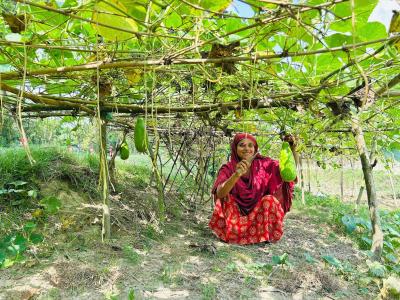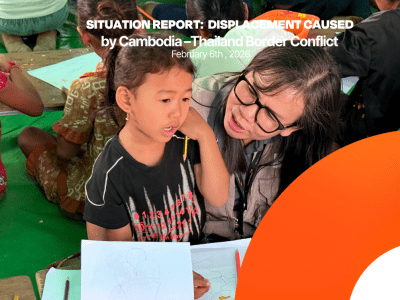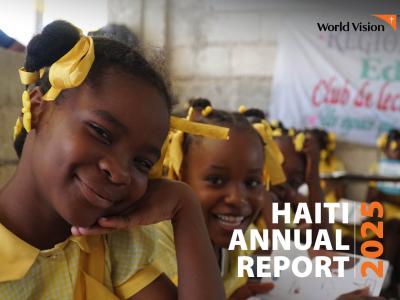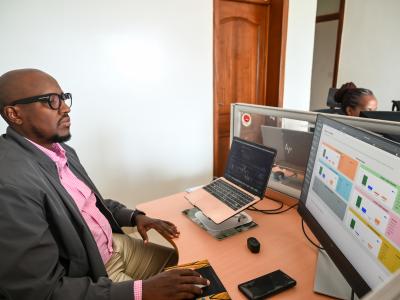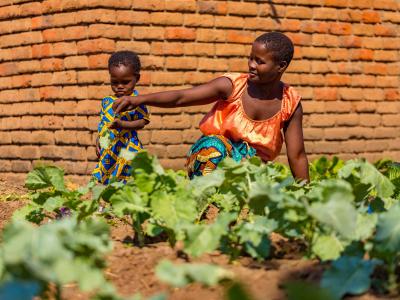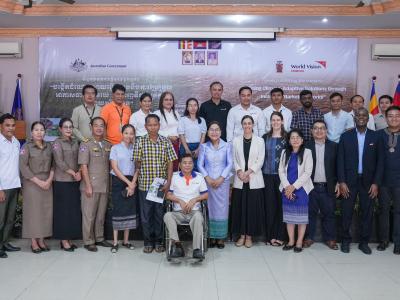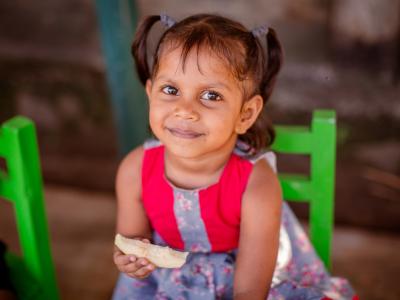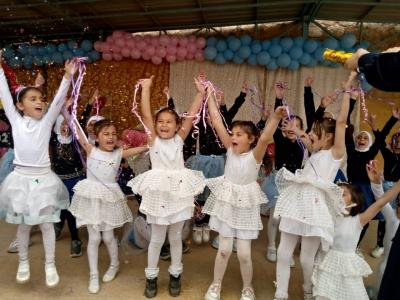article / February 3, 2026
Agricultural Extension Services: The Backbone of Bangladesh’s Future Food Security
How Bangladesh’s agricultural extension services, backed by strong investment and NGO partnerships, are strengthening food security and farmer resilience.
publication / February 7, 2026
Situation Report: Displacement Caused by Cambodia –Thailand Border Conflict - February 6th, 2026
Situation Report 23
article / February 2, 2026
Food Aid Alleviates Families Affected by Flooding in Central Mozambique
Female‑headed households and elderly caregivers hit hardest by the floods find relief as food assistance finally reaches accommodation centres in central Mozambique.
article / February 10, 2026
Emergency Response-World Vision Mozambique Assistance Benefits around 9,500 people
Assistance to families impacted by floods in Mozambique reached nearly 9500 people with life-saving kits.
publication / February 6, 2026
World Vision Haiti Annual Report 2025
World Vision Haiti’s annual impact report highlights how we protect children, respond to crisis, and build resilience in vulnerable communities.
article / February 10, 2026
Innovation: How World Vision Rwanda transformed fleet management
Delivering humanitarian and development programs across Rwanda requires more than strategy and partnerships. It requires movement, often across long distances, challenging terrain, and dispersed communities. For World Vision Rwanda, vehicles are essential operational assets that enable staff to deliver programs across dispersed and often hard-to-reach communities.
article / January 30, 2026
Alefa Overcomes Her Child’s Malnutrition With Home-Grown Food
A World Vision’s Malawi community project in Chikwawa teaches mothers how to use locally available foods to save their malnourished children, combining dietary education with vital hygiene practices for lasting change.
press release / February 5, 2026
PRESS RELEASE: Australia and World Vision launch regional project to strengthen inclusive and climate resilient agriculture in Kratie Province
Kratie Province, Cambodia – World Vision International in Cambodia today officially launched the Building Climate-Adaptive Solutions through Inclusive Market Networks (BASIN) project with the objective to strengthen inclusive, climate-resilient agricultural value chains and empower women, persons with disabilities, and marginalized households.
publication / January 9, 2026
ENOUGH Food System Manifesto
World Vision's Food Systems Manifesto to discover why putting children at the centre of food systems is essential for ending hunger and malnutrition
publication / January 20, 2026
World Vision Syria Response Annual Report FY25
In 2025, WV Syria Response reached 4.22M people despite crisis, expanding access, meeting communities, and reaffirming its mission to help children thrive.
